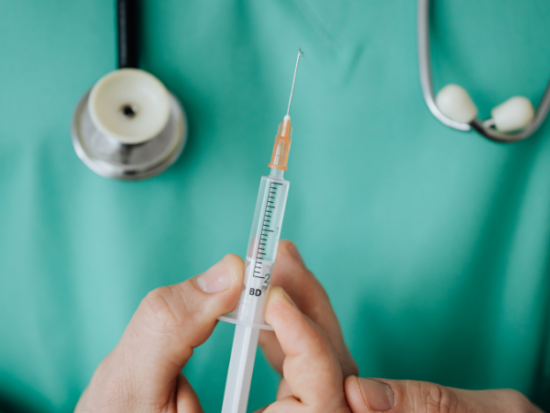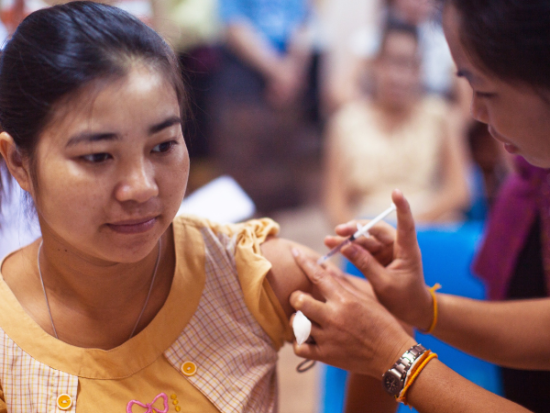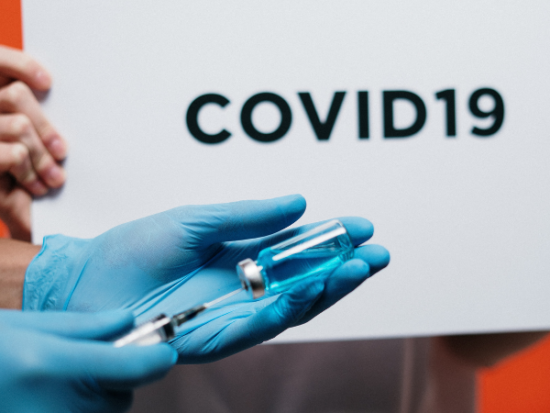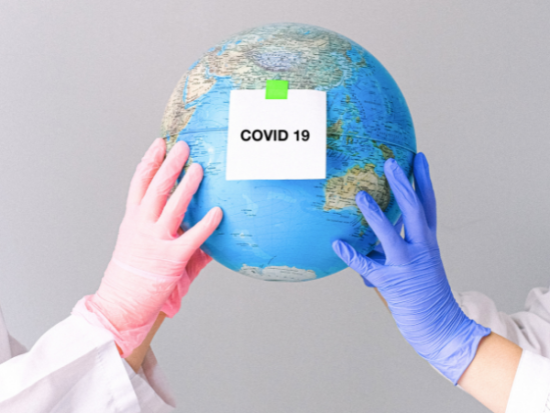When will we need booster shots for COVID?
Booster shots aren’t new in science and medicine, and people are taking them since vaccines were of the first discovery. As you may already know, vaccines serve the purpose of protecting us from viruses and bacteria that can compromise our immune system and become serious health hazards.
With the novel coronavirus outbreak in 2019, the whole world stopped and changed. Lives were lost, livelihoods were affected, hospitals overflow and entire nations suffer. While COVID-19 vaccines have been developed and distributed to many countries, millions still suffer not just from the virus itself but also its effects on society.
Vaccine booster shot

Vaccine booster shots have not always been widely available, especially not for the earliest developed vaccines. Generally, boosters work because vaccine shots don’t last forever by themselves, and some of the vaccine’s protection wears off over time. The virus can also change or mutate over time, making the vaccine against them less effective.
Just as the original vaccine shot trains the immune response to ward off foreign, disease-causing organisms, the body may forget, and that’s where booster shots come in. They are a sort of replica of the original shot, and, according to research, they train the body to recognize the virus your system already knows and fight it off once more via an additional dose or two.
COVID-19 booster shots
Yesterday, President Biden delivered remarks on the importance of getting COVID-19 booster shots when eligible, and received his own booster shot.
Learn more about booster shots at https://t.co/S2DQV73Wt3. pic.twitter.com/flZ9BiIncs
— The White House (@WhiteHouse) September 28, 2021
COVID-19 vaccines were out as fast as scientifically possible and humanly safe earlier this year. Medical front liners, senior citizens, and those with a lower immune system were to have the shots first. Newer studies found that the COVID-19 vaccines’ effectiveness and antibody levels can also weaken over time, like other coronavirus vaccine shots like the regular flu shot.
For now, Pfizer BioNTech and Moderna vaccine companies have filed FDA applications for booster doses. Johnson & Johnson is the only approved vaccine with one shot, but the government will decide on its approval later.
The company still needs to share its booster data with the corresponding agencies. These agencies include the Centers for Disease Control and Prevention (CDC) and the Food and Drug Administration (FDA). New studies are still emerging and could find more data about what other vaccine brands need booster shots.
Related Article: Best Face Masks on Amazon
Who can get the shots
Only certain populations that the mRNA vaccine of Pfizer BioNTech has fully vaccinated can get the booster shots for now. People aged 65 years and older and in the age range of 50 to 64 years of age with underlying medical conditions should get booster shots as advised by their primary health care providers.
#HCPs: #COVID19 vaccination is recommended for all people 12 years and older, including people who are pregnant.
Pregnant people are at increased risk for severe illness from COVID-19 compared with non-pregnant people.
More: https://t.co/g9rLrzMyOX. pic.twitter.com/BbkZKoed5V
— CDC (@CDCgov) September 28, 2021
Health officials who work closely with COVID patients or hospitals and clinics will also get the booster shot. People under the age of 50 with medical conditions can also get the booster shot. This will all depend on the individual and their doctors after consideration of the risks and benefits.
When the shots are needed
For many other types of vaccines, including flu shots, a certain period is of the recommendation. Sometimes it can take half a year. Others take a full year or more. For COVID-19 booster shots, that time frame could be shorter. According to experts, the timing matters because the immune system can respond differently if the booster is too early or too late.
For most vaccines, the first and second doses are usually needing a resting period of 28 days to 12 weeks. For now, boosters of the Pfizer and Moderna vaccines are for those first vaccinated in December of last year. Also, in early January of this year. Some who urgently need the booster but were given J&J the first time are given a second dose of Pfizer or Moderna.
What does science say?
According to epidemiology and vaccine expert Dr. Katherine O’Brien in her interview with the World Health Organization (WHO), the word “booster shot” is not entirely accurate for COVID-19 shots given to boost the initial doses. She says it is more accurately a third dose instead of a booster. There are three reasons why a person might need a third vaccine dose.
The first is if the person who has received the first two shots — or just the one from J&J — and you didn’t respond adequately to the vaccine as other healthy people did. The second reason is the dip in antibody levels over time. Although, as of now, all vaccines are still to be effective against serious symptoms of COVID-19.
The third reason is the effectiveness of the initial doses against new variants. Unfortunately, public health is still in the hazard zone as the virus evolves. The emerging Delta and Lambda variants have caused a stir in the scientific and medical fields. There have been surges in COVID cases in many countries with these variants.
Related Article: How to Keep COVID Vaccination Cards on Your Smart Phone
Will the booster shot work on the new COVID variants?
The most important thing to remember when talking about COVID booster shots at this point is that everything is still under intense research and clinical trials. Vaccine manufacturers are still experimental with doses replicas of the original vaccines but tailored to fight off the new variants. No public data is available yet, and it may be some time before it comes.
However, just like the emergency use in the initial doses of the vaccines, the CDC and FDA have emergency permission for third doses to be out to those who need them. As newer research and data emerge, these conditions may change. However, experts have already found that many of the original vaccines already work against the Delta variant.
Related Articles
Summary
Vaccine booster shots have always been to people of all ages. Whether it’s for chickenpox, the common flu, hepatitis, or other infectious diseases, booster shots have greatly increased protection for the human race. COVID booster shots are no different.
Although they may be more accurately of a description as third (or second) doses of the original vaccine, experts say the possibility of them working is high. If you fall under the category of eligible people for COVID booster shots, contact your healthcare provider. Also, ask for medical advice on how you should proceed.




